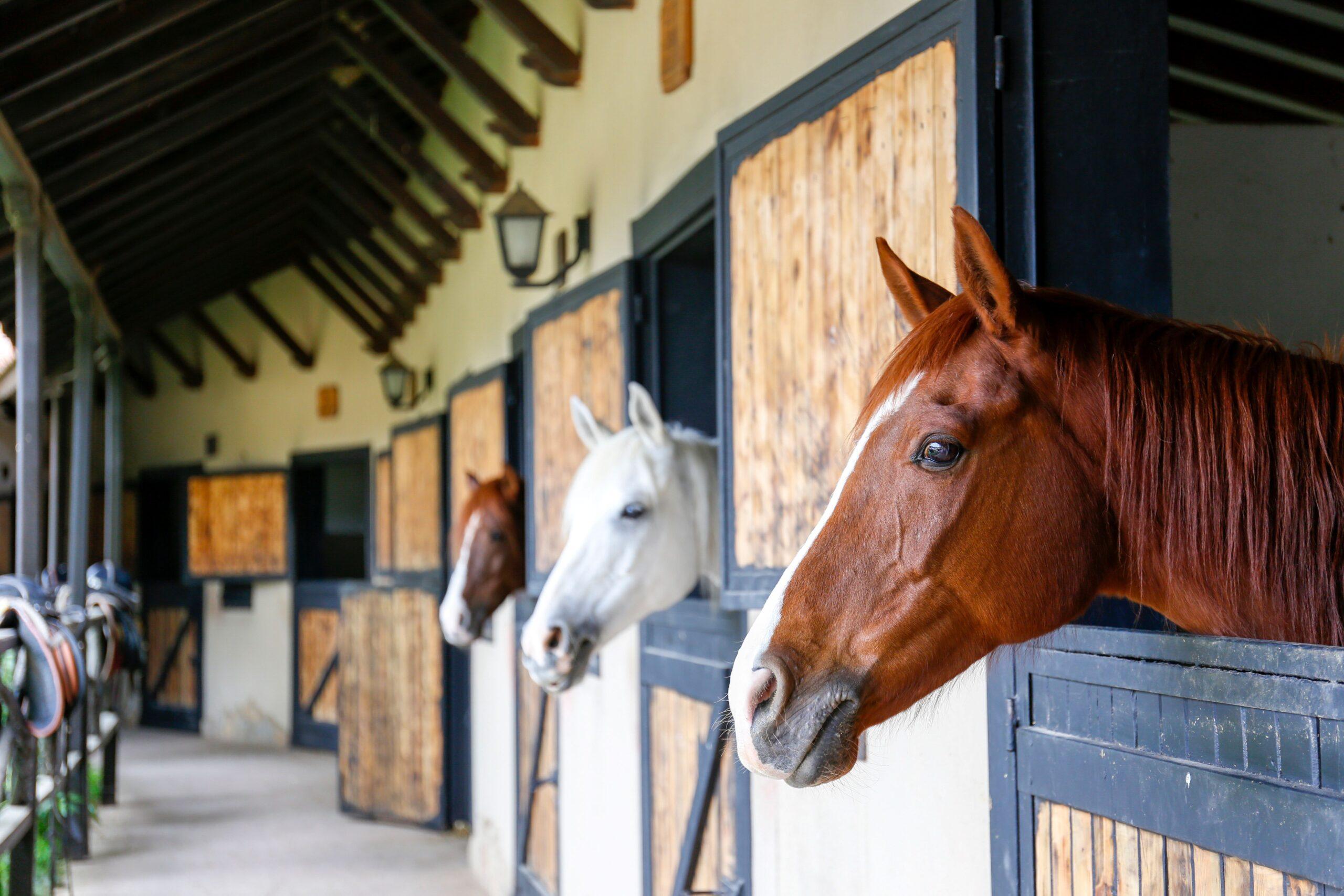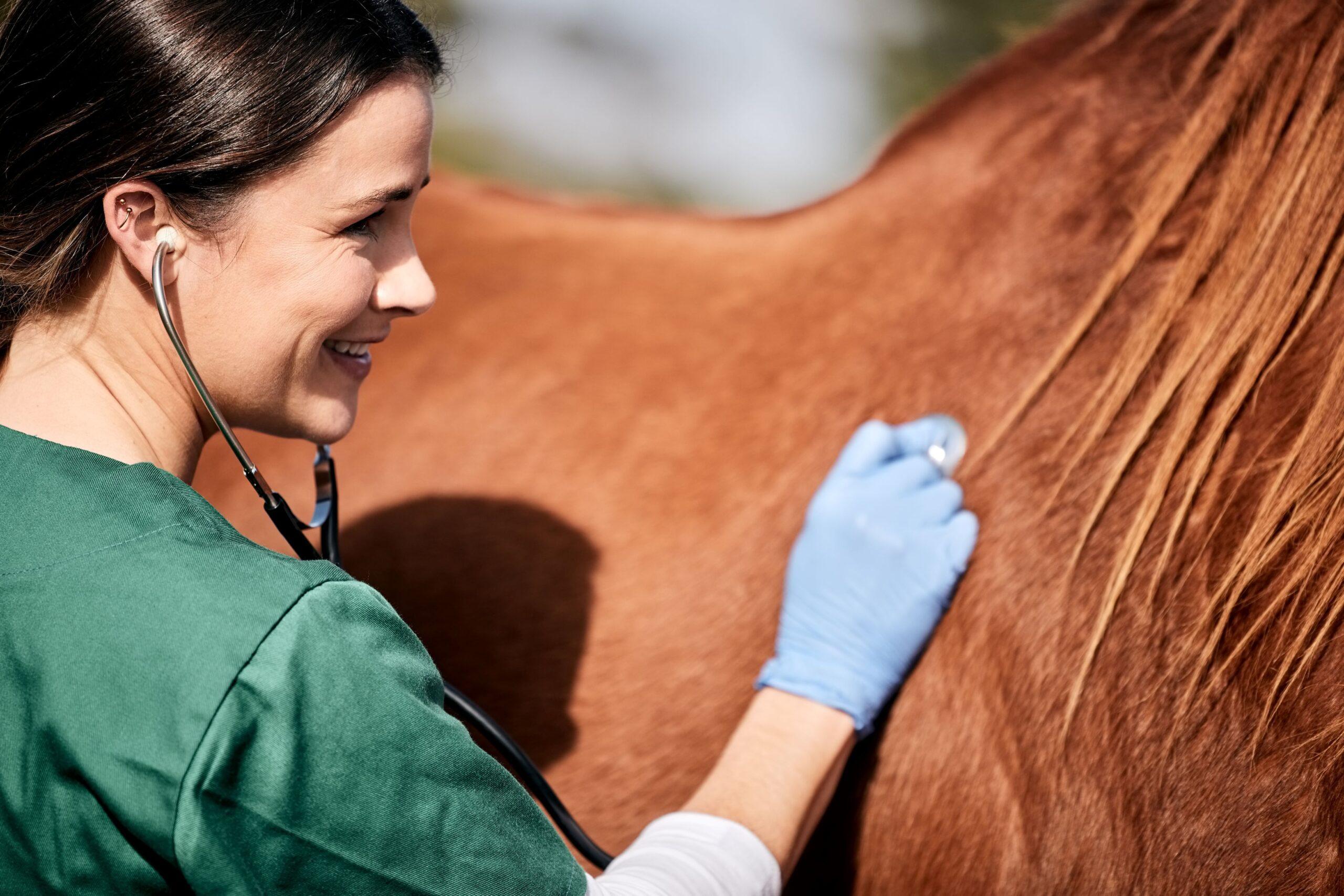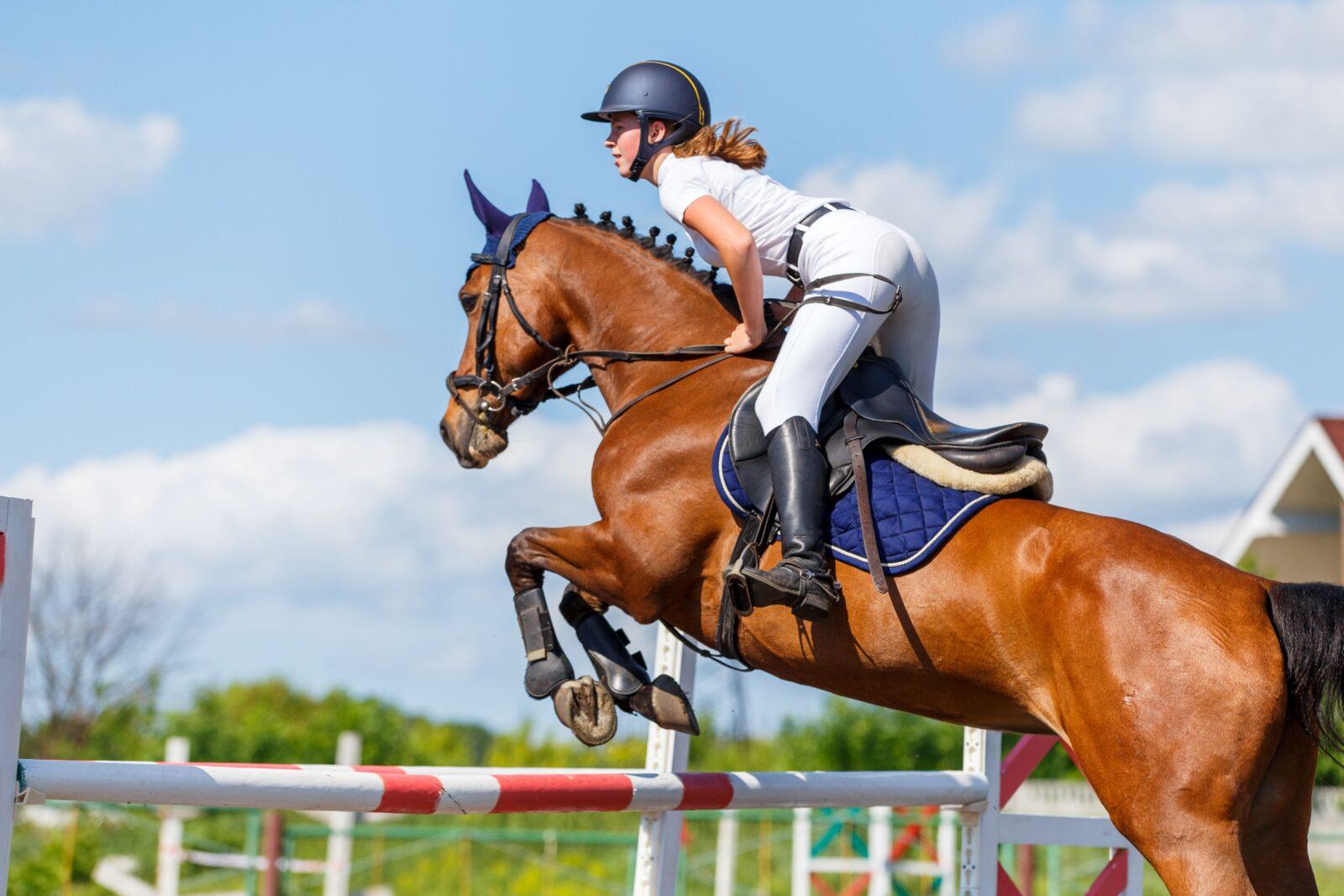For those contemplating the purchase of a competition horse, it is essential to understand the entire development process of these extraordinary animals. The journey begins long before the first competition and encompasses numerous aspects—from genetic predisposition to daily training and mental preparation. Discover the fascinating evolution of a horse from a young foal to a victorious competition horse.
Selecting the Horse
The first and perhaps most crucial step in the career of a competition horse is careful selection. Explore top hunter jumper horses for sale. This process should not be rushed. Key criteria include age, health status, pedigree, and, not least, temperament. It’s advisable to involve an expert who can analyze pedigrees and help choose a horse with the best prerequisites for planned competitions. Additionally, thorough background checks and clear health records are essential to avoid surprises later on.
Checklist for Buying a Competition Horse
- Performance History and Competitive Success: Examine the horse’s past performance in competitions. Successes and placements can reveal much about a horse’s potential and consistency in its discipline.
- Training Settings and Methods: Inquire about the training methods that have been used. It’s crucial that the horse has experienced training methods suited to its physique and psychology.
- Alignment with Your Riding Style and Goals: The horse should match your personal riding style and athletic goals. Consider whether the horse’s capabilities and temperament align with your ambitions and experience.
- Behavior in New Situations: Observe the horse in various environments and situations. A competition horse should manage well under stress or in unfamiliar circumstances.
- Veterinary Examination: A comprehensive veterinary check should be performed to rule out hidden health issues, ideally by an independent veterinarian experienced with competition horses.
- Compatibility with Other Horses: If the horse is to be part of a team or training group, check how it reacts to other horses and whether it is socially compatible.
- Transportability: Check how well the horse tolerates transport, especially if it is to participate in national or international competitions.
- Previous Owners and Trainers: Information about previous owners and trainers can provide insight into the horse’s past care and training. Positive references are a good sign of responsible ownership and training.
Training and Development
Once the right horse is found, the critical phase of training begins. This should be tailored to the individual horse and conducted by experienced trainers who develop a methodical and equine-friendly training plan. Training goes beyond skill transmission; it also involves fostering mental strength and adapting to the physical demands of the sport. The goal is to continuously enhance the horse’s confidence and performance so that it can excel under competition conditions.
Health Management
The health of a competition horse is a top priority. Regular check-ups by a specialized veterinarian, a diet tailored to the horse’s specific needs, and a targeted management of stress factors are indispensable. This includes injury prevention through adjusted training methods and early detection and treatment of potential health issues.
Psychological Care of Competition Horses
Beyond physical health, the psychological state of a competition horse is of great importance. Stress management and psychological stability are crucial in preparation and during competitions themselves. Experienced trainers employ techniques such as targeted desensitization, positive reinforcement, and mental training to prepare the horse for the challenges of high-pressure competition situations. Regular relaxation time, play, and interaction with people and other horses help promote a balanced temperament. Additionally, measures should be taken to identify and address behavioral problems early on that could result from competition stress. This holistic approach supports not only performance but also the overall satisfaction and well-being of the horse.
Competitions and Performance
The first competition is a significant event for both the horse and rider. Participating in competitions serves as a litmus test for the prior training and the synergy between rider and horse. Successes in these events depend on many factors, including the quality of preparation and the rider’s ability to elicit the best possible performance from their horse under pressure.
Future Perspectives and Retirement
After an active career in competitions, every horse deserves a well-planned and comfortable retirement. Retirement planning should begin early and provide an environment that caters to both the physical and emotional needs of the horse. This might include returning to pasture where it can enjoy its later years in the company of other horses or specialized facilities for older horses.
Conclusion
The journey of a competition horse is a long-term commitment that provides deep insights into the world of equestrian sports and forges a strong bond between human and horse. Each step of this journey demands dedication, understanding, and a continuous willingness to adapt and learn. Those who embark on this path gain not only trophies but also develop a profound appreciation for the complexity and beauty of the relationship with these extraordinary animals. Their success is our shared goal—on and off the track.
Picture Credit: Evrymmnt, Talia Mdlungu/peopleimages.com, skumer/ Adobe Stock

